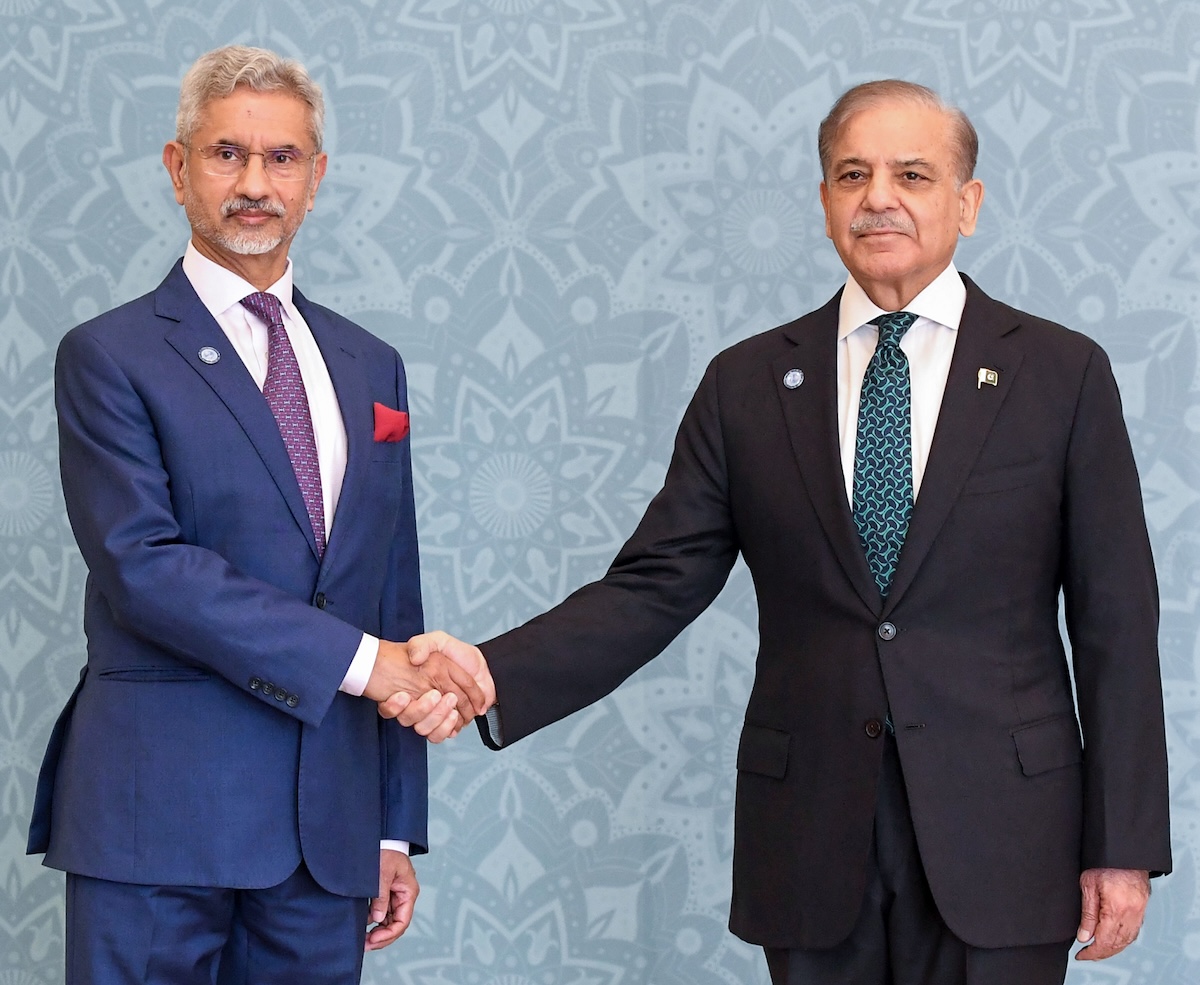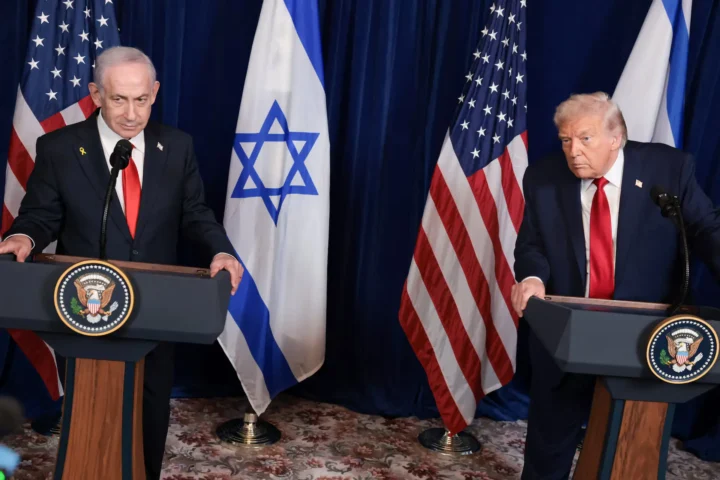This week, Indian External Affairs Minister S. Jaishankar made a significant visit to Pakistan, attending a high-level summit of the Shanghai Cooperation Organisation (SCO) in Islamabad. This marked the first visit of an Indian foreign minister to Pakistan in nearly a decade, and the first by any senior Indian official since 2016. However, despite the symbolic weight of this trip, it’s crucial to recognize what it wasn’t: a step toward thawing the icy relations between India and Pakistan.
Jaishankar’s visit to Pakistan was strictly diplomatic, driven by India’s commitment to multilateralism rather than any intent to strengthen bilateral ties with Islamabad. This was underscored by his decision to avoid one-on-one meetings with Pakistani officials. New Delhi’s stance is crystal clear: as long as terrorist groups based in Pakistan continue to pose a threat to Indian security, there will be no substantive dialogue between the two countries. This was reaffirmed by Jaishankar’s own recent declaration that the “era of uninterrupted dialogue with Pakistan” is over.
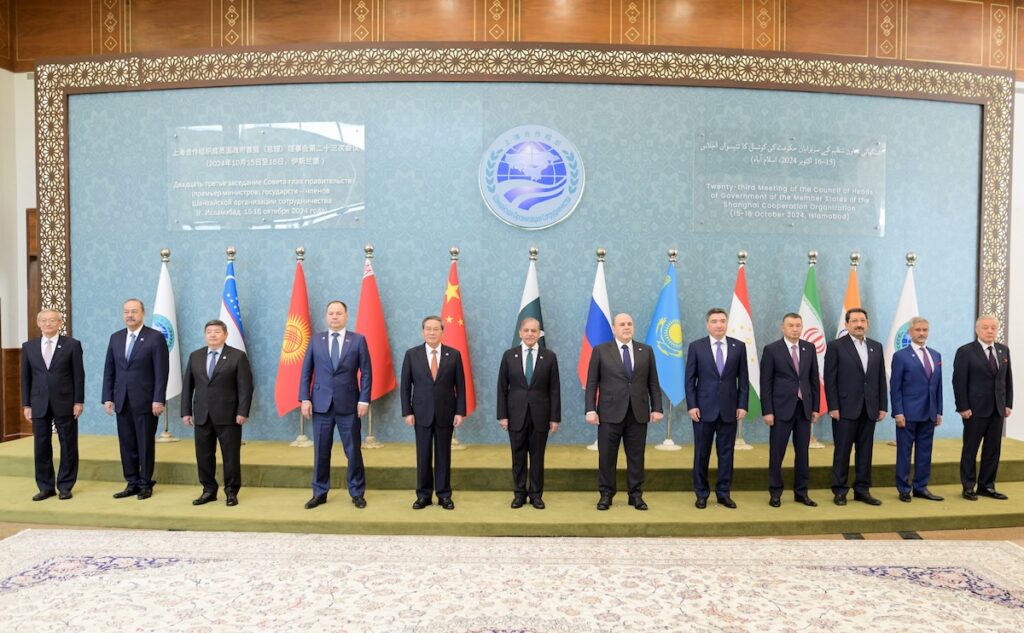
The roots of this firm position stretch back to January 2016, when militants—widely believed to be backed by Pakistan—attacked an Indian Air Force base, mere days after Prime Minister Narendra Modi made a surprise visit to Pakistan. That attack dashed any hopes of sustained bilateral engagement, and the relationship reached another low in 2019, when a terrorist attack in Kashmir once again inflamed tensions, prompting a brief military standoff.
Against this backdrop, Jaishankar’s visit to Pakistan should be viewed through the lens of India’s broader strategic objectives. India is heavily invested in regional multilateral organizations like the SCO, BRICS, and the Quadrilateral Security Dialogue, which provide a platform to project its influence and pursue its interests. Membership in the SCO is particularly important for India as it facilitates engagement with Central Asia, a region where India is eager to strengthen ties but faces geographic hurdles. Pakistan’s refusal to grant India transit rights through its territory creates a significant obstacle, and the SCO helps India circumvent that limitation to some extent.
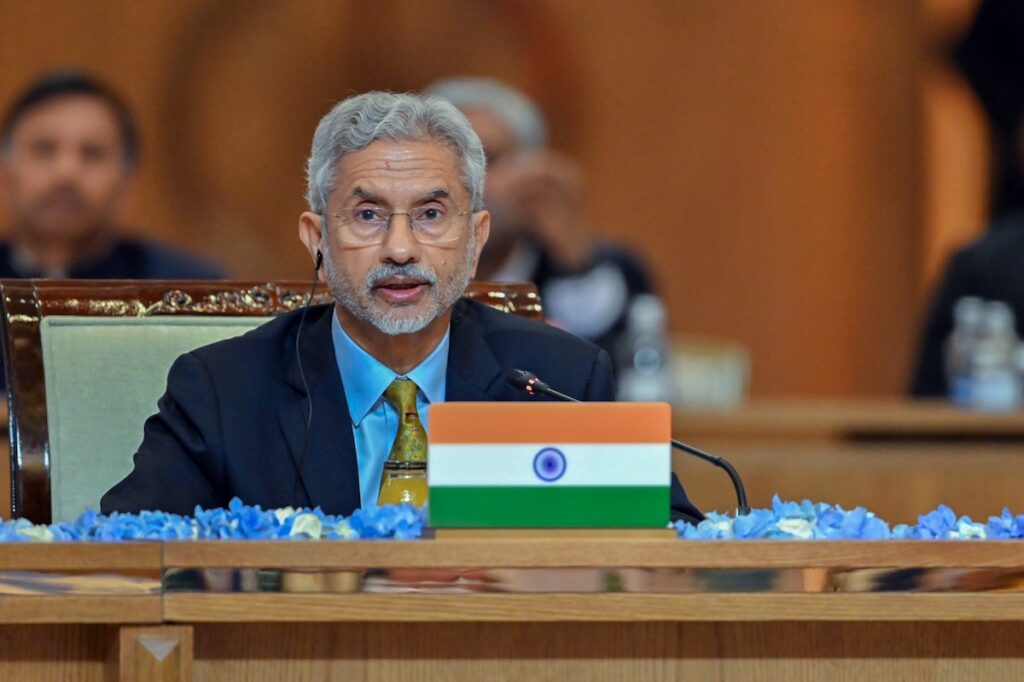
By sending Jaishankar to Islamabad, New Delhi underscored its commitment to deepening relations with Central Asia, leveraging the SCO as a vital conduit for engagement. This trip was a calculated decision to reaffirm India’s role in regional forums while keeping its focus on strategic autonomy and multipolarity.
Despite the ongoing diplomatic chill, Jaishankar’s visit does hint at a slight stabilization in India-Pakistan ties. Since the signing of a truce along their disputed border in 2021, tensions have eased—albeit without resolving the deep-rooted issues that divide the two nations. The relatively calm relations in recent years have allowed both India and Pakistan to shift their focus to more pressing domestic and international challenges: for India, its rising competition with China, and for Pakistan, the pressing economic turmoil that threatens its stability.
Yet, the détente remains fragile. A spike in militant attacks in Kashmir has heightened India’s concerns over terrorism originating from Pakistan, while Islamabad continues to be incensed by India’s 2019 decision to revoke the special status of Jammu and Kashmir, making it an Indian union territory. These core issues keep both nations locked in a state of deep distrust.
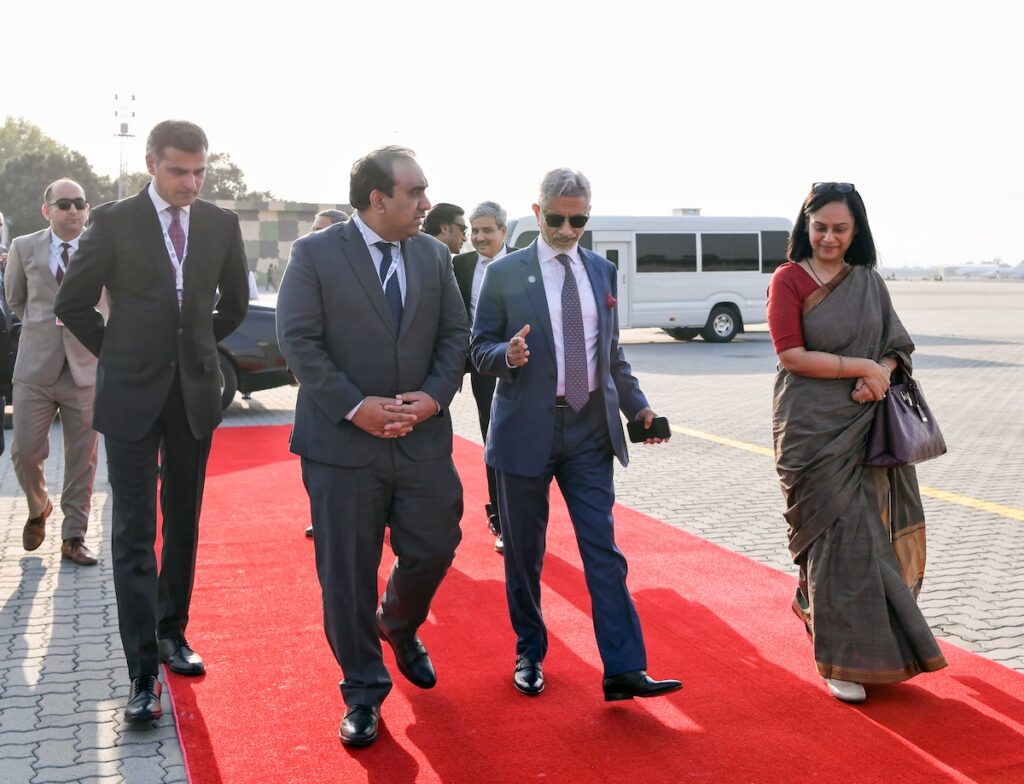
Ultimately, Jaishankar’s visit was a reflection of India’s diplomatic priorities, not a harbinger of rapprochement with Pakistan. India’s willingness to engage in the SCO, even in a setting as diplomatically charged as Islamabad, showcases its pragmatic approach to foreign policy—one that seeks to elevate its influence within multilateral groupings, regardless of bilateral tensions with neighboring countries.
While the optics of the visit may suggest a calming of tensions, the underlying issues remain unresolved, and the trajectory of India-Pakistan relations remains uncertain. As both countries continue to grapple with their internal challenges and geopolitical ambitions, it’s clear that regional cooperation will not come at the expense of core national security concerns. Jaishankar’s trip was a reminder that India’s focus remains firmly on the future, not on revisiting the past.
